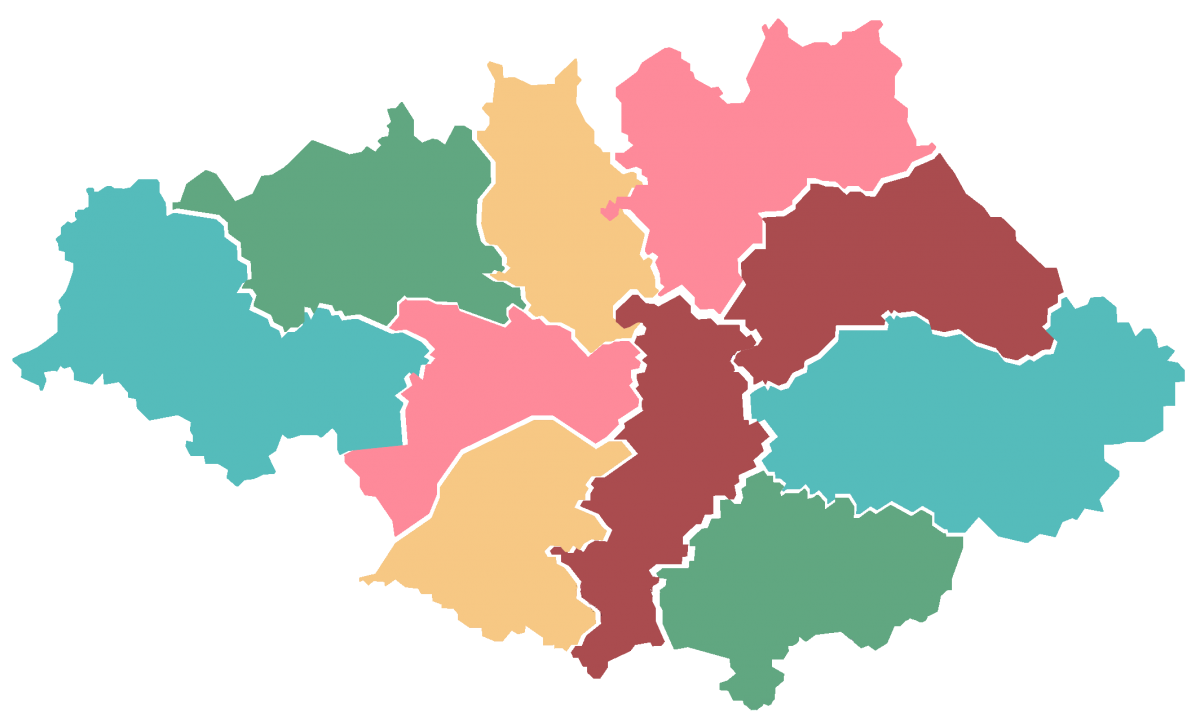 GM Cooperative Commission
GM Cooperative Commission
Making Greater Manchester the most cooperative place in the UK
 GM Cooperative Commission
GM Cooperative CommissionMaking Greater Manchester the most cooperative place in the UK
By Cliff Mills
In his recent blog Why the cooperative model works well for digital-tech businesses Shaun Fensom argues that cooperatives have something to offer in the digital-tech context based on neutrality and trust.
What does he mean?
Plenty of people (including lawyers) think that a cooperative is just another legal structure with limited liability and independent legal personality, like a company. Well a coop certainly does have those features, but that completely misses the point.
A company is a mechanism by which a group of people get together and pool their capital to set up an enterprise which will earn them an income.
A cooperative is a mechanism by which a group of people get together because they all need access to something – goods, services or jobs – and by working collaboratively with each other they can all get access to what they need.
So they both involve a business, but the similarity ends there.
Investors in a company set out to generate profits from a business: the business is a means to that end, and each investor expects to be rewarded for the amount of risk they take. The number of shares they each own dictates their number of votes, share of the profits, and stake in the underlying value of the company. By buying more shares, an investor increases their share of power, income and capital. It’s all about pursuing growth, and private gain.
Members of a coop don’t set out to generate profits. Their coop needs to make a profit in order to survive and avoid insolvency; but its purpose is the business it operates – that’s what the members want and need. The business doesn’t exist for an ulterior purpose, or to reward anybody:
So when Shaun refers to “neutrality”, he is referring to the fact that nobody is trying to get more out of a coop than anyone else; everyone is equal. Nobody is trying to get rewards – just a fair wage, a fair deal, a fair sharing of risk. That’s the neutrality, or equity.
Actually, the coop doesn’t exist to reward anybody: that’s not its purpose. That is what is so radical about a coop compared with an investor-owned business. Most people assume that all businesses are like companies and exist to make profits, but just use them in different ways. That’s wrong!
A coop is simply providing a vehicle for business, a business equally accessible to all of its members, who want to work together collaboratively not competitively, to treat each other fairly rather than exploitatively, because that is the basis – the only basis – on which trust can be established and maintained.
That doesn’t mean that you will only ever find neutrality and fairness and trust in every coop, any more than you will only ever find profits in every company. Unfortunately, human beings have to operate any organisation, and human beings vary greatly in how they behave, and consequently in the results they achieve. But that’s what their different approaches are trying to achieve.
There’s another popular misconception in this context that needs to be debunked.
This is the proposition that there is only one real or serious basis for business today: namely investor-ownership, with its powerful driving-force – the profit motive.
I have already explained that a coop doesn’t set out to reward anybody; just to provide the service. So the fact that coops still exist today already disproves this proposition. Check out for yourself the Cooperative Values and Principles. Save for another day the scale, number and ubiquity of coops worldwide. (The B20 now recognises coops )
But perhaps the bigger point I want to make is that it isn’t only the desire for private gain that motivates people to do things, or to strive harder, or take risks.
If I choose to join a coop rather than invest in company, the money I contribute gets me one vote, no prospect of a profits-based reward for my risk capital, and I simply get my money back when I leave.
Who, in their right mind, would choose that approach, when they could get 1 vote for every pound invested in a company, the yearly prospect of a share of the annual trading profits based on capital contributed, and a similar share in the underlying value of the business on exit?
The answer is: somebody who recognises that the world does not have unlimited natural resources; somebody who recognises that we can’t all have our cake and eat it; somebody who wants to be part of society, sharing the planet with others, co-operating amongst ourselves.
Somebody who recognises that the alternative is simply unsustainable.
You may have heard that cooperatives are based on the values of self-help, self-responsibility, democracy, equality, equity, and solidarity; and that in the tradition of their founders, cooperative members believe in the ethical values of honesty, openness, social responsibility and caring for others.
You might have thought that that sounded like idealism twenty years ago. Not today. It’s realism.
How can you help?
By responding to the Commission’s call Evidence https://www.gmconsult.org/strategy-team/coop-commission/ We want to hear from you about anything that would help to encourage co-operative initiatives, raise their profile, remove barriers, and change minds and attitudes.
Please help
Cliff Mills, Anthony Collins Solicitors
Commissioner, Greater Manchester Co-operative Commission
The views in this blog are those of its author, and may not be held by some or even any of the other Commissioners, or the Greater Manchester Combined Authority, or the Mayor of Greater Manchester
The GM Cooperative Commissioners are working to promote cooperative enterprise in Greater Manchester
This site is not published by The Greater Manchester Combined Authority